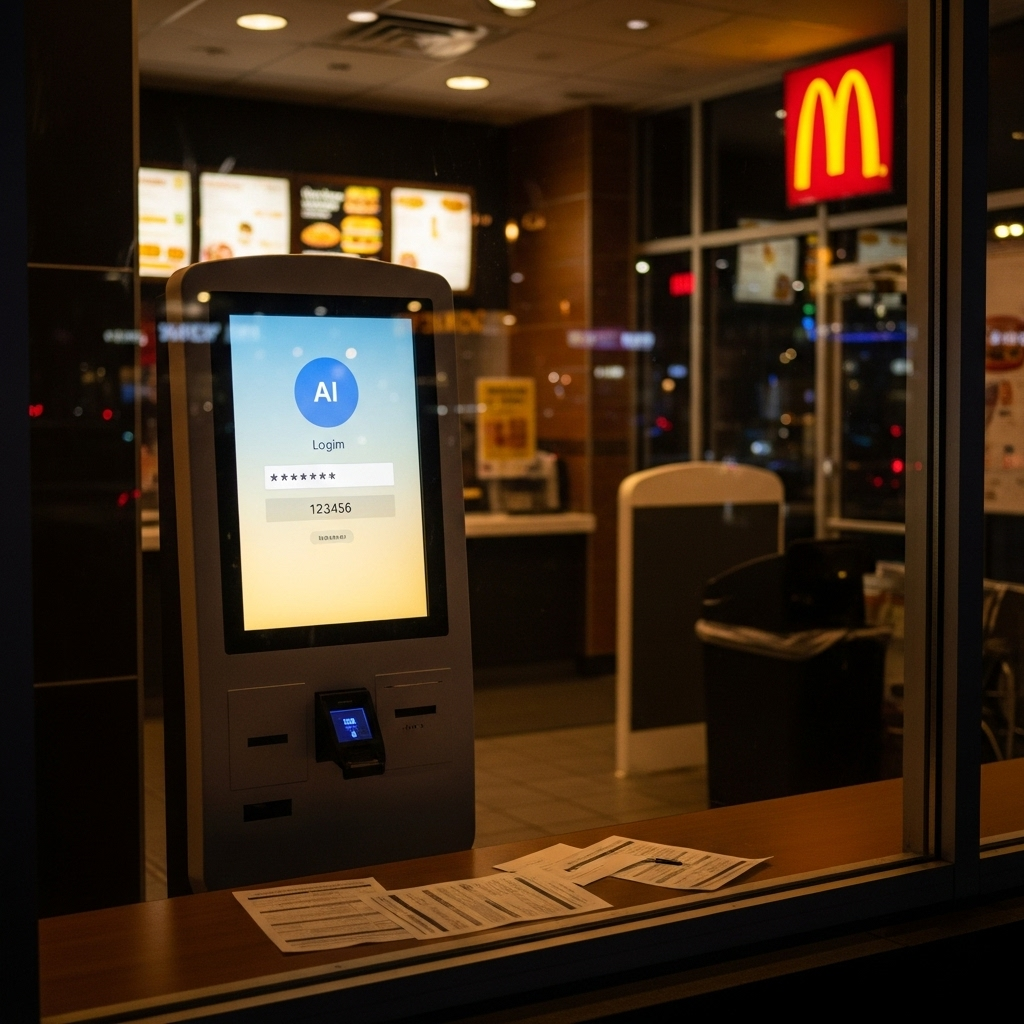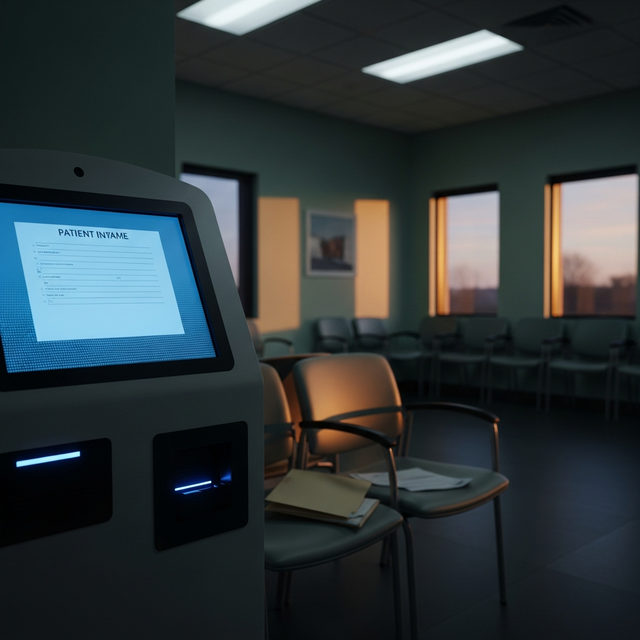Millions of McDonald's Job Applicants Exposed in Massive Chatbot Security Breach

McDonald's AI Chatbot Disaster: 64 Million Job Applications Exposed by Laughably Bad Password
Remember when we thought "123456" was just a joke password nobody actually used? Well, McDonald's hiring chatbot just said "hold my Big Mac" and proved that even major companies can mess up security in spectacular ways.
Here's what happened: McDonald's was using an AI chatbot from a company called Paradox.ai to handle job applications. Turns out, researchers found they could access the entire backend system - containing up to 64 million applicant records - using literally one of the worst passwords ever: "123456". I wish I was making this up.
Just How Bad Is This?
Pretty bad. We're talking names, email addresses, and phone numbers of millions of people who applied for McDonald's jobs. The kind of information that makes identity thieves rub their hands together with glee. And it was all sitting there behind the digital equivalent of a paper lock.
Look, I've seen my share of security fails, but this one's special because it combines two of my biggest pet peeves: terrible passwords and companies rushing to use AI without thinking about security. It's like putting a self-driving car in charge of your vault but leaving the keys under the doormat.
What McDonald's and Paradox Are Saying
McDonald's is doing the usual corporate damage control dance - they've acknowledged the issue and promised to fix it. Paradox.ai, the company behind the chatbot, has also confirmed the vulnerability and says they're strengthening their security. (You think?)
What You Need to Do If You Applied at McDonald's
If you've applied for a job at McDonald's recently, here's what I'd recommend:
Monitor your email accounts for suspicious activity - especially spam or phishing attempts
Be extra cautious about any messages claiming to be from McDonald's or about job applications
Watch your phone for unusual calls or texts - scammers love using leaked phone numbers
The Bigger Picture: Why This Matters (Even If You Didn't Apply)
This breach is a wake-up call about password security. I know, I know - you've heard it before. But here's the thing: if a major company can use "123456" as a password, imagine what other organizations might be doing with your data.
This is exactly why I've been pestering everyone I know to use a proper password manager. Personally, I use NordPass because it makes generating and managing strong passwords brain-dead simple. No more "123456" nonsense - it creates those impossible-to-crack passwords and remembers them for you.
How to Protect Yourself Going Forward
Here's what I tell my family and friends:
Use unique passwords for every single account. Yes, every single one. A password manager makes this actually doable.
Enable two-factor authentication wherever possible - it's like adding a deadbolt to your digital door
Be skeptical of AI-powered systems handling your personal data. They're only as secure as the humans programming them
The Lesson Here
This whole mess shows that even big companies can make kindergarten-level security mistakes. The best defense is assuming nobody else will protect your data properly and taking steps to protect yourself.
And please, for the love of all things digital, if you're still using simple passwords anywhere - especially "123456" - stop what you're doing right now and change them. Your future self will thank you.
Quick heads up:Some links in this article are affiliate links. If you buy something through them, we might earn a small commission (doesn't cost you extra). We only recommend stuff we'd actually use ourselves or set up for our own families. No BS recommendations here.


